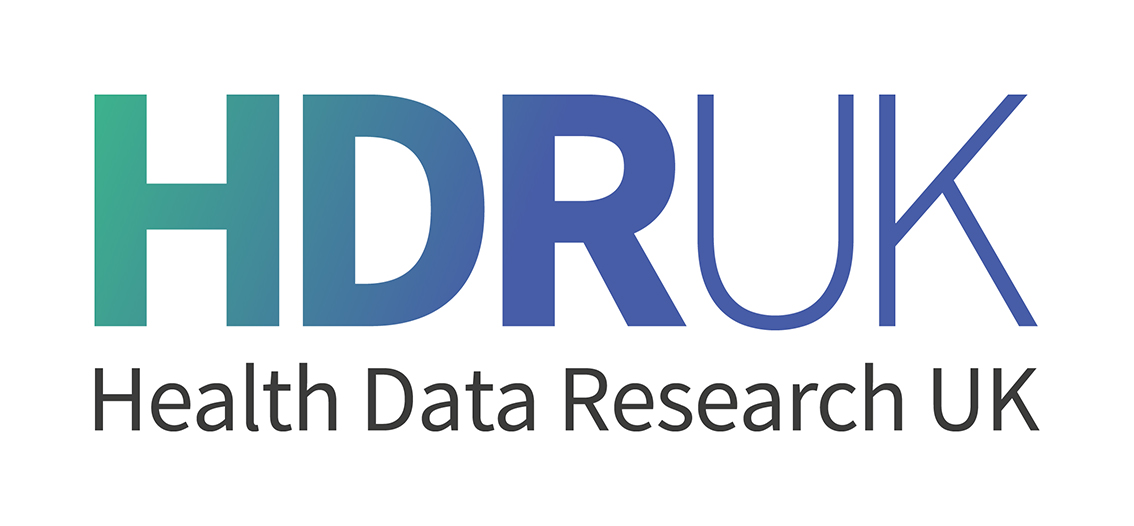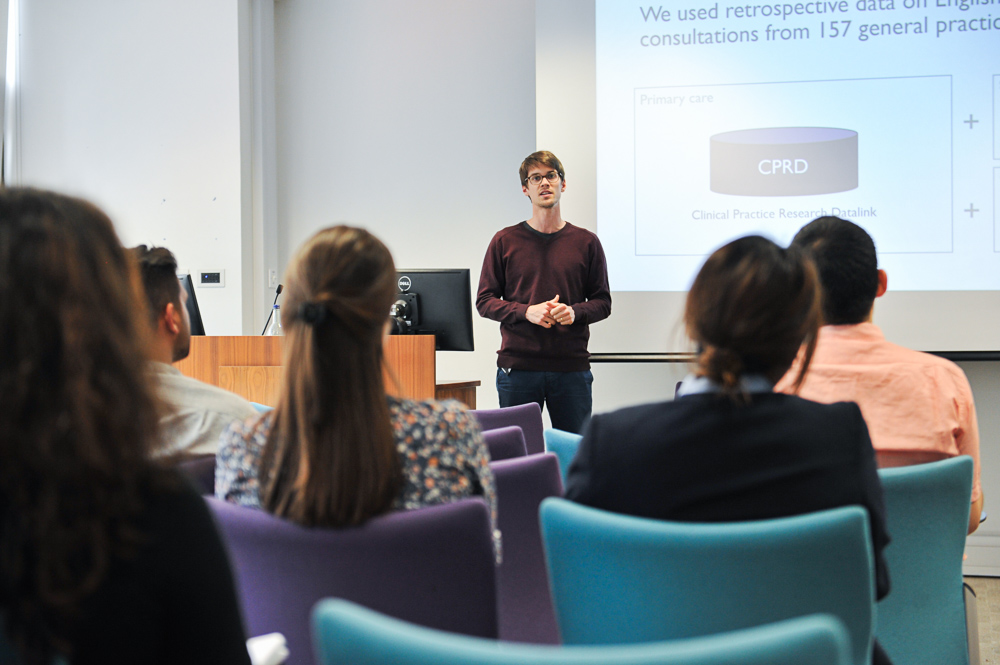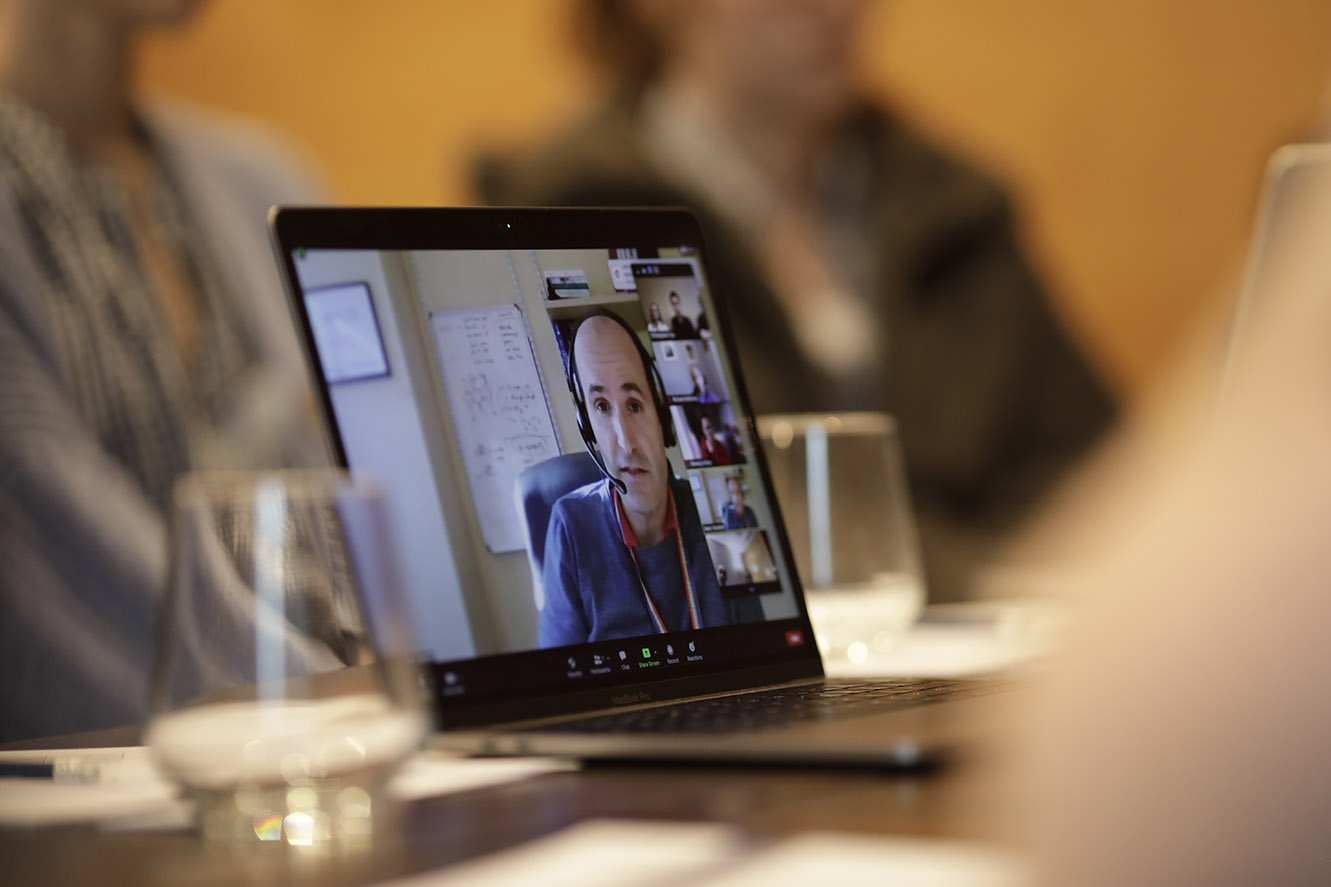Data science and the need for diverse skills
 As an emerging modern discipline, health data science requires diverse skills in mathematics, programming, and data analysis – skills commonly found in graduates with academic backgrounds in subjects such as physics, engineering, mathematics and computer science.
As an emerging modern discipline, health data science requires diverse skills in mathematics, programming, and data analysis – skills commonly found in graduates with academic backgrounds in subjects such as physics, engineering, mathematics and computer science.
However, while there are some schemes to enable these disciplinary switches, they happen most often by chance or circumstance.
Research by HDR UK (The Great UK PhD Data Science Survey) identified that many graduate students received little or no training in how their skills could be applied to other disciplines, including health data science.
HDR UK and the University of Birmingham are working together to develop bespoke training courses that will provide insight into health data science for graduates in the quantitative sciences.
- Sign up for our first immersion week here – see below for further details – and get regular updates by registering for our regular free e-newsletter.

“I was originally trained as an engineer and switched to health data science as part of a Centre for Doctoral Training. Most of my original course mates are no longer working in health or even in research, and my current colleagues have often entered into health data science opportunistically after completing their PhDs in other subjects and discovering the relevance of their knowledge for solving biological and health problems,” Professor Christopher Yau, (Pilot Co-Director), University of Oxford and Health Data Research UK

 “I moved to health data science following a PhD in Theoretical Physics following a chance conversation with an academic already working in the area. I’d never considered working in the area before this and was really surprised to discover how the skills I’d developed during my PhD mapped to problems in health data research. It’s surprisingly common for those of us working in this area to have started our careers on a different path,” Professor Iain Styles, (Pilot Co-Director), University of Birmingham
“I moved to health data science following a PhD in Theoretical Physics following a chance conversation with an academic already working in the area. I’d never considered working in the area before this and was really surprised to discover how the skills I’d developed during my PhD mapped to problems in health data research. It’s surprisingly common for those of us working in this area to have started our careers on a different path,” Professor Iain Styles, (Pilot Co-Director), University of Birmingham

Health Data Immersion Weeks
 Intensive courses (or “immersion weeks”) will provide week-long rapid but deep introductions to these topics for a target audience with a strong quantitative background. The first scheduled event will focus on:
Intensive courses (or “immersion weeks”) will provide week-long rapid but deep introductions to these topics for a target audience with a strong quantitative background. The first scheduled event will focus on:
- Working With Real-World Health Data (in collaboration with the PIONEER Health Data Hub) – 27-31 March (more information here).
For further information and to register your interest, please visit www.birmingham.ac.uk/hdt and if you have any questions please email dsai@contacts.bham.ac.uk
Identifying gaps and needs
The immersion weeks are being developed by subject specialists supported by a Teaching Fellow who has themselves recently bridged the disciplinary gap. Dr Ben McCanna, a Theoretical Physicist by background, is working with the experts to identify and address the gaps in implicit knowledge that are key obstacles to changing disciplines.
“I love the idea of turning learning into training and Ben providing that unique perspective on what it is like to consider these topics for the first time coming from a different background. It is difficult for incumbent scientists to recognise the difficulties caused by those initial barriers,” Sarah Cadman, Programme Director for Talent and Training, Health Data Research UK
 In the first immersion week, the programme will work with University Hospitals Birmingham, through the HDR UK supported PIONEER Data Hub, to give participants from across the UK the chance to experience the use of health data for themselves.
In the first immersion week, the programme will work with University Hospitals Birmingham, through the HDR UK supported PIONEER Data Hub, to give participants from across the UK the chance to experience the use of health data for themselves.
““The PIONEER Data Hub team are excited to be working with HDR UK and the Institute for Interdisciplinary Data Science and AI to give graduates from across the country insight into how real-world health data works ...” Liz Sapey, Director of PIONEER
 Pilot Co-Director Professor Yau says: “The EPSRC supported a network of Taught Course Centres in Mathematics over 10 years ago – groups of universities that work together to collectively provide advanced training for mathematicians – and these continue to run successfully and sustainably today. We would like to expand on this pilot scheme to do something similar for health data science.”
Pilot Co-Director Professor Yau says: “The EPSRC supported a network of Taught Course Centres in Mathematics over 10 years ago – groups of universities that work together to collectively provide advanced training for mathematicians – and these continue to run successfully and sustainably today. We would like to expand on this pilot scheme to do something similar for health data science.” The need for a new approach to supporting and enabling discipline switching is clear from the difficulty recruiting into health data science roles both in academia and industry.
The need for a new approach to supporting and enabling discipline switching is clear from the difficulty recruiting into health data science roles both in academia and industry.
 As an emerging modern discipline, health data science requires diverse skills in mathematics, programming, and data analysis – skills commonly found in graduates with academic backgrounds in subjects such as physics, engineering, mathematics and computer science.
As an emerging modern discipline, health data science requires diverse skills in mathematics, programming, and data analysis – skills commonly found in graduates with academic backgrounds in subjects such as physics, engineering, mathematics and computer science.

 “I moved to health data science following a PhD in Theoretical Physics following a chance conversation with an academic already working in the area. I’d never considered working in the area before this and was really surprised to discover how the skills I’d developed during my PhD mapped to problems in health data research. It’s surprisingly common for those of us working in this area to have started our careers on a different path,” Professor
“I moved to health data science following a PhD in Theoretical Physics following a chance conversation with an academic already working in the area. I’d never considered working in the area before this and was really surprised to discover how the skills I’d developed during my PhD mapped to problems in health data research. It’s surprisingly common for those of us working in this area to have started our careers on a different path,” Professor 
 Intensive courses (or “immersion weeks”) will provide week-long rapid but deep introductions to these topics for a target audience with a strong quantitative background. The first scheduled event will focus on:
Intensive courses (or “immersion weeks”) will provide week-long rapid but deep introductions to these topics for a target audience with a strong quantitative background. The first scheduled event will focus on: In the first immersion week, the programme will work with University Hospitals Birmingham, through the HDR UK supported PIONEER Data Hub, to give participants from across the UK the chance to experience the use of health data for themselves.
In the first immersion week, the programme will work with University Hospitals Birmingham, through the HDR UK supported PIONEER Data Hub, to give participants from across the UK the chance to experience the use of health data for themselves.